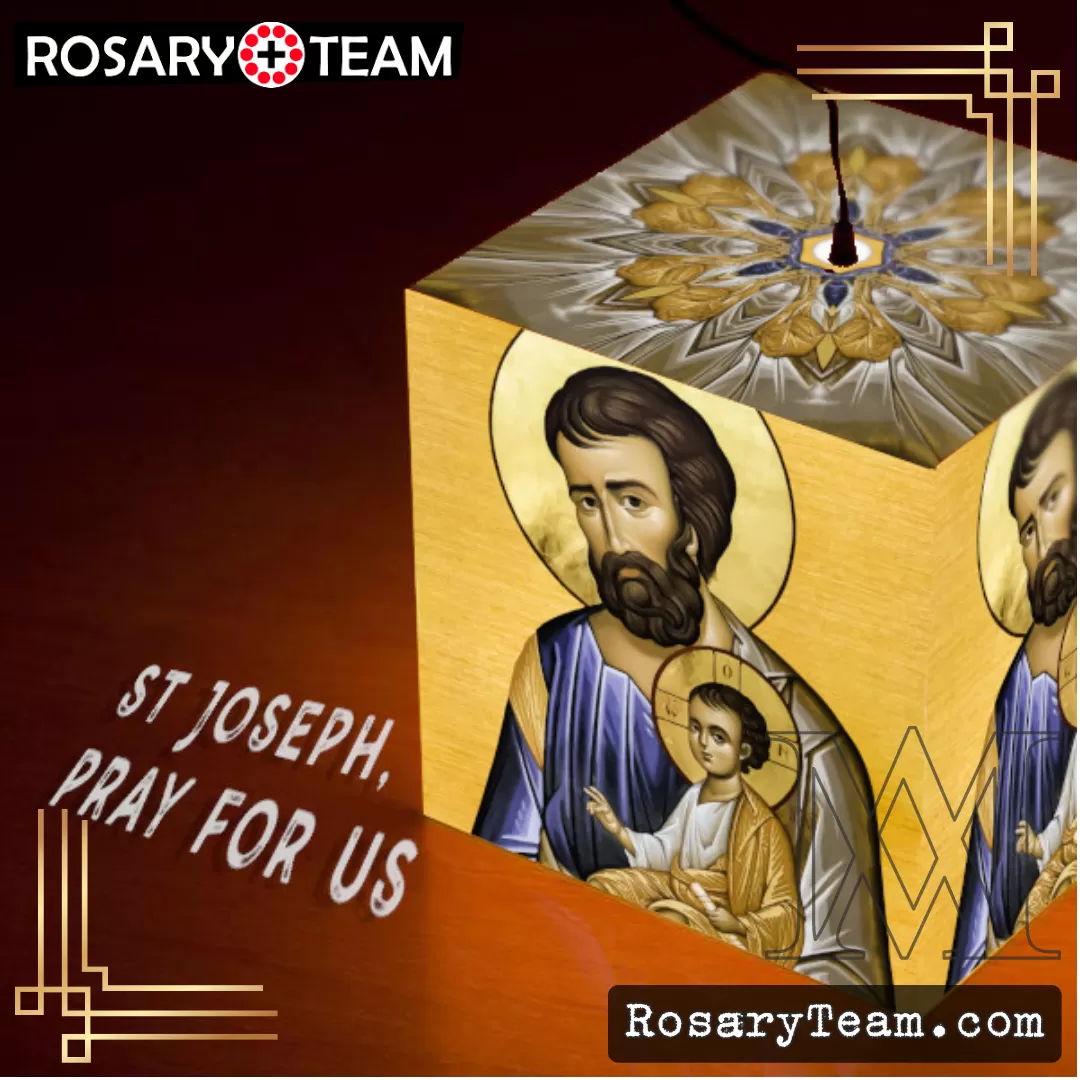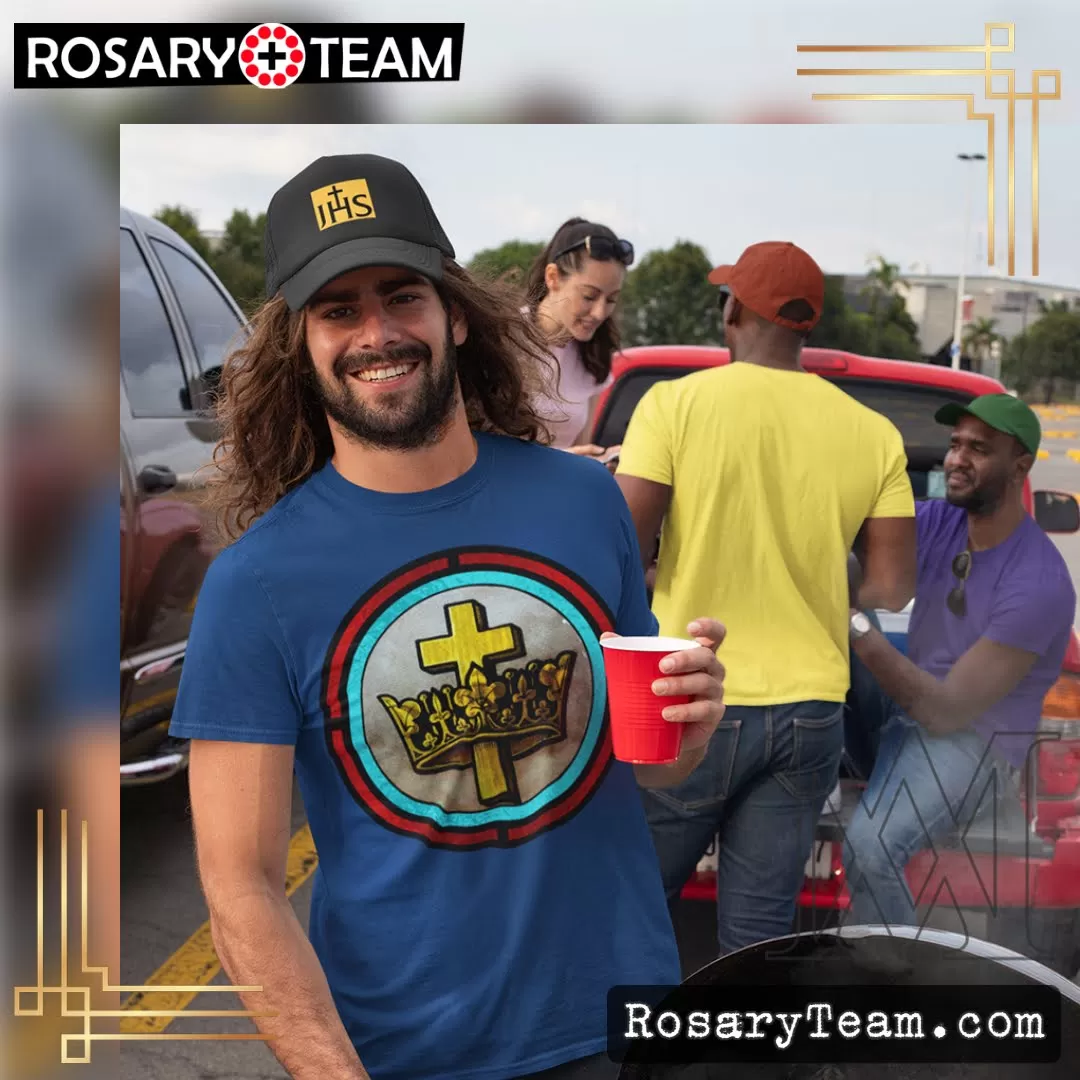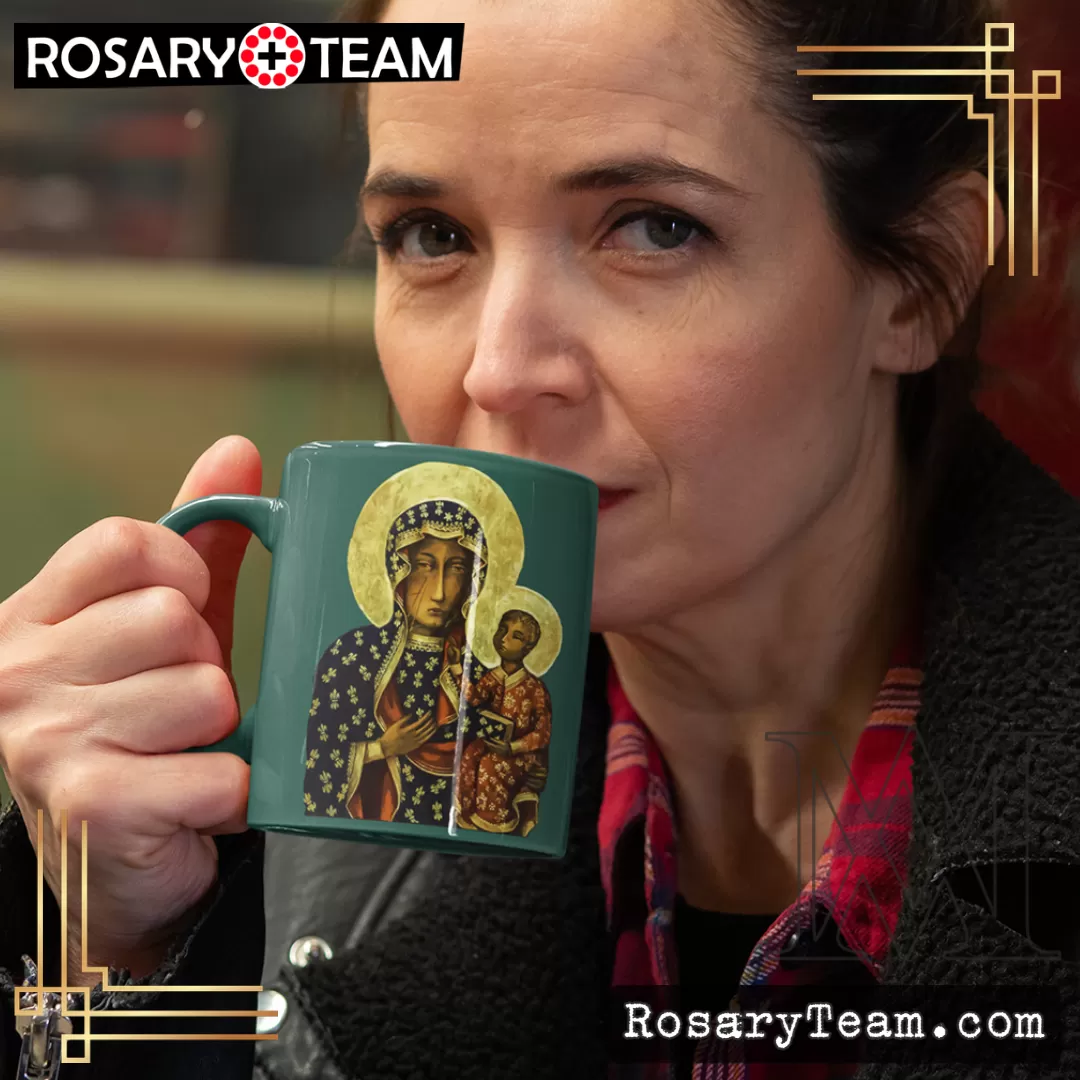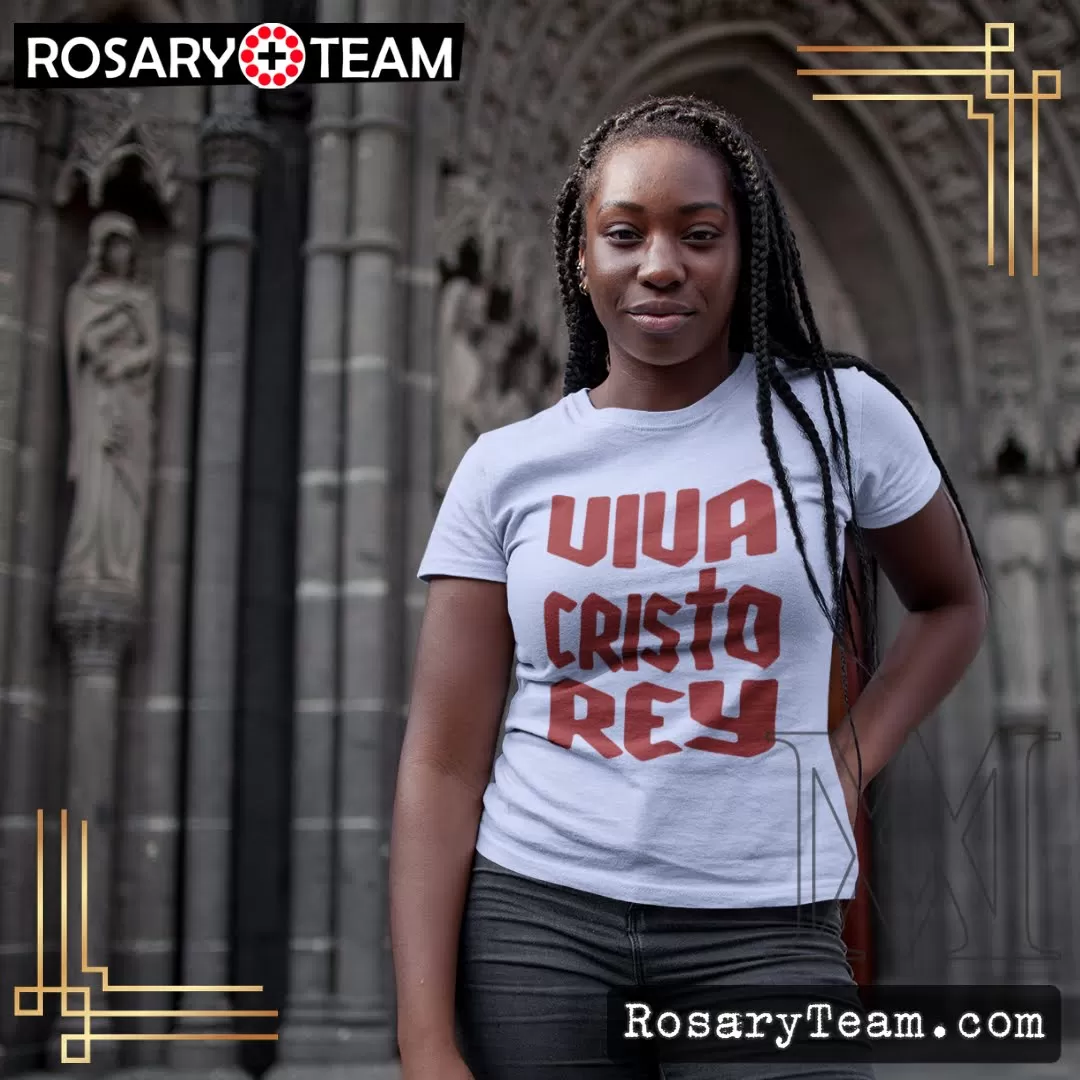Where does the multiplication of the loaves come from? The answer lies in Jesus’ request to the disciples: “You give them (…)” (Lk 9:13), “to give”, to share. What do the disciples share? The little they have: five loaves and two fish (ibid.). However it is those very loaves and fish in the Lord’s hands that feed the entire crowd. And it is the disciples themselves, bewildered as they face the insufficiency of their means, the poverty of what they are able to make available, who get the people to sit down and who — trusting in Jesus’ words — distribute the loaves and fish that satisfy the crowd. And this tells us that in the Church, but also in society, a key word of which we must not be frightened is “solidarity”, that is, the ability to make what we have, our humble capacities, available to God, for only in sharing, in giving, will our life be fruitful. Solidarity is a word seen badly by the spirit of the world! [In the eucharist] this evening, once again, the Lord distributes for us the bread that is his Body, he makes himself a gift; and we too experience “God’s solidarity” with man, a solidarity that is never depleted, a solidarity that never ceases to amaze us: God makes himself close to us, in the sacrifice of the Cross he humbles himself, entering the darkness of death to give us his life which overcomes evil, selfishness and death. Jesus, this evening too, gives himself to us in the Eucharist, shares in our journey, indeed he makes himself food, the true food that sustains our life also in moments when the road becomes hard-going and obstacles slow our steps. And in the Eucharist the Lord makes us walk on his road, that of service, of sharing, of giving; and if it is shared, that little we have, that little we are, becomes riches, for the power of God — which is the power of love — comes down into our poverty to transform it.
Roman Catholic Ordinary Calendar – rosary,team























